What is Ophthalmology? A Beginner’s Guide to Eye Health
3 min read
By Docgenie , Published on - 22 March 2025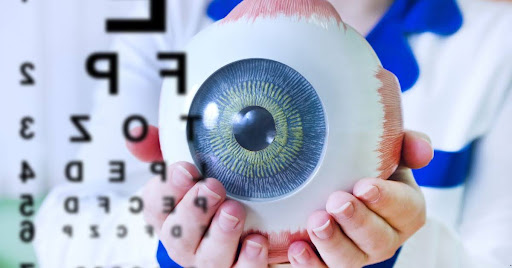 Ophthalmology is the branch of medicine that deals with the anatomy, physiology, and diseases of the eye. Whether you're facing vision problems or simply planning your first eye exam, understanding the role of an ophthalmologist is essential for maintaining long-term eye health. This guide explains what is ophthalmology, who is an ophthalmologist, and what you can expect during a consultation.
Ophthalmology is the branch of medicine that deals with the anatomy, physiology, and diseases of the eye. Whether you're facing vision problems or simply planning your first eye exam, understanding the role of an ophthalmologist is essential for maintaining long-term eye health. This guide explains what is ophthalmology, who is an ophthalmologist, and what you can expect during a consultation.What is Ophthalmology?
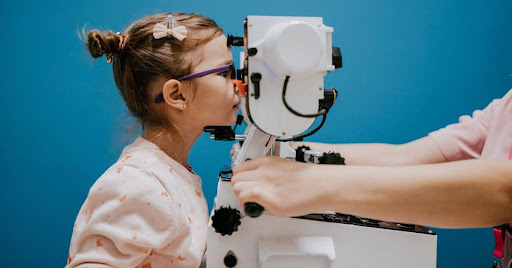 Ophthalmology is a medical specialty focused on the diagnosis, treatment, and prevention of eye disorders. It covers a wide range of conditions, from common vision problems like nearsightedness to more serious issues such as glaucoma, cataracts, and retinal diseases.
Ophthalmology is a medical specialty focused on the diagnosis, treatment, and prevention of eye disorders. It covers a wide range of conditions, from common vision problems like nearsightedness to more serious issues such as glaucoma, cataracts, and retinal diseases.Unlike optometrists or opticians, ophthalmologists are medical doctors (MDs or DOs) who can perform eye surgeries, prescribe medications, and manage complex eye diseases.
Who is an Ophthalmologist?
An ophthalmologist is a trained medical professional who specializes in eye and vision care. They are qualified to:- Perform comprehensive eye exams
- Diagnose and treat all eye conditions
- Prescribe corrective lenses and medications
- Carry out surgical procedures like LASIK, cataract removal, and retinal surgeries
To become an ophthalmologist, one must complete medical school followed by a residency in ophthalmology, making them one of the most skilled eye care professionals.
What Does an Ophthalmologist Do?
When you visit an ophthalmologist, here are some of the things they typically do:
- Eye Examination: Assess your vision and check for eye diseases
- Diagnosis: Use tools like slit lamps and retinal cameras to detect conditions
- Treatment: Provide treatment plans that may include eye drops, laser therapy, or surgery
- Surgery: Perform operations for cataracts, retinal issues, and more
- Monitoring Chronic Conditions: Track diseases like diabetic retinopathy or age-related macular degeneration
If you're wondering what an ophthalmologist does, the answer is: almost everything related to eye health.
What Questions Will You Ask an Ophthalmologist About Eye Health?
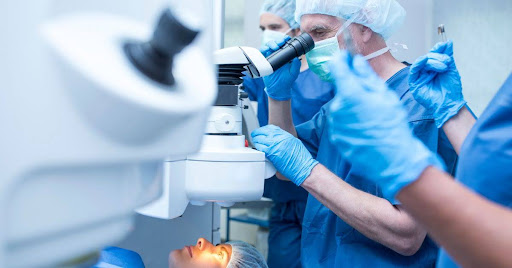 Being prepared with the right questions can make your visit more productive. Here are some suggestions:
Being prepared with the right questions can make your visit more productive. Here are some suggestions:- Are my current symptoms related to a serious condition?
- How often should I have my eyes examined?
- What can I do to prevent eye strain from screen usage?
- Is my current vision loss reversible or permanent?
- Are there lifestyle changes or habits that can improve my eye health?
If you’re unsure what questions you will ask an ophthalmologist about eye concerns, focusing on symptoms, prevention, and treatment options is a good start.
Common Eye Conditions Treated in Ophthalmology
Here are some eye disorders commonly managed by ophthalmologists:- Cataracts – Clouding of the lens, leading to blurry vision
- Glaucoma – Increased pressure in the eye that can cause blindness
- Macular Degeneration – Affects central vision, mostly in older adults
- Diabetic Retinopathy – A diabetes complication that affects the blood vessels in the retina
- Refractive Errors – Includes myopia, hyperopia, and astigmatism
Importance of Regular Eye Checkups
Routine eye exams can detect issues early, even before symptoms appear. Here’s why scheduling regular visits with an ophthalmologist is crucial:
- Early diagnosis of serious eye diseases
- Monitoring vision changes due to aging or systemic conditions
- Prevention of vision loss through timely treatment
- Guidance on corrective lenses or surgical options
Tips for Maintaining Good Eye Health
To protect your vision and reduce the risk of eye diseases, follow these tips:
- Wear sunglasses to protect your eyes from UV rays
- Eat a diet rich in leafy greens, fish, and fruits
- Take regular breaks from screens (20-20-20 rule)
- Avoid smoking, which increases the risk of macular degeneration and cataracts
- Schedule eye exams every 1-2 years, or as recommended
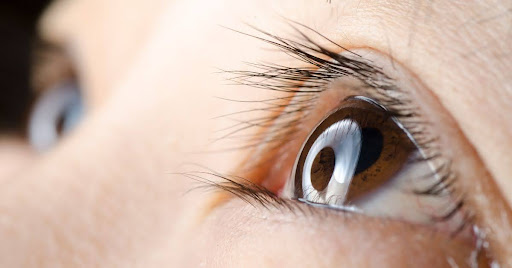

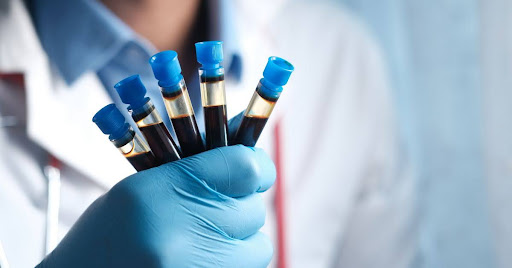

 Between 9am to 8pm
Between 9am to 8pm Whatsapp Message at
Whatsapp Message at support@docgenie.in
support@docgenie.in



